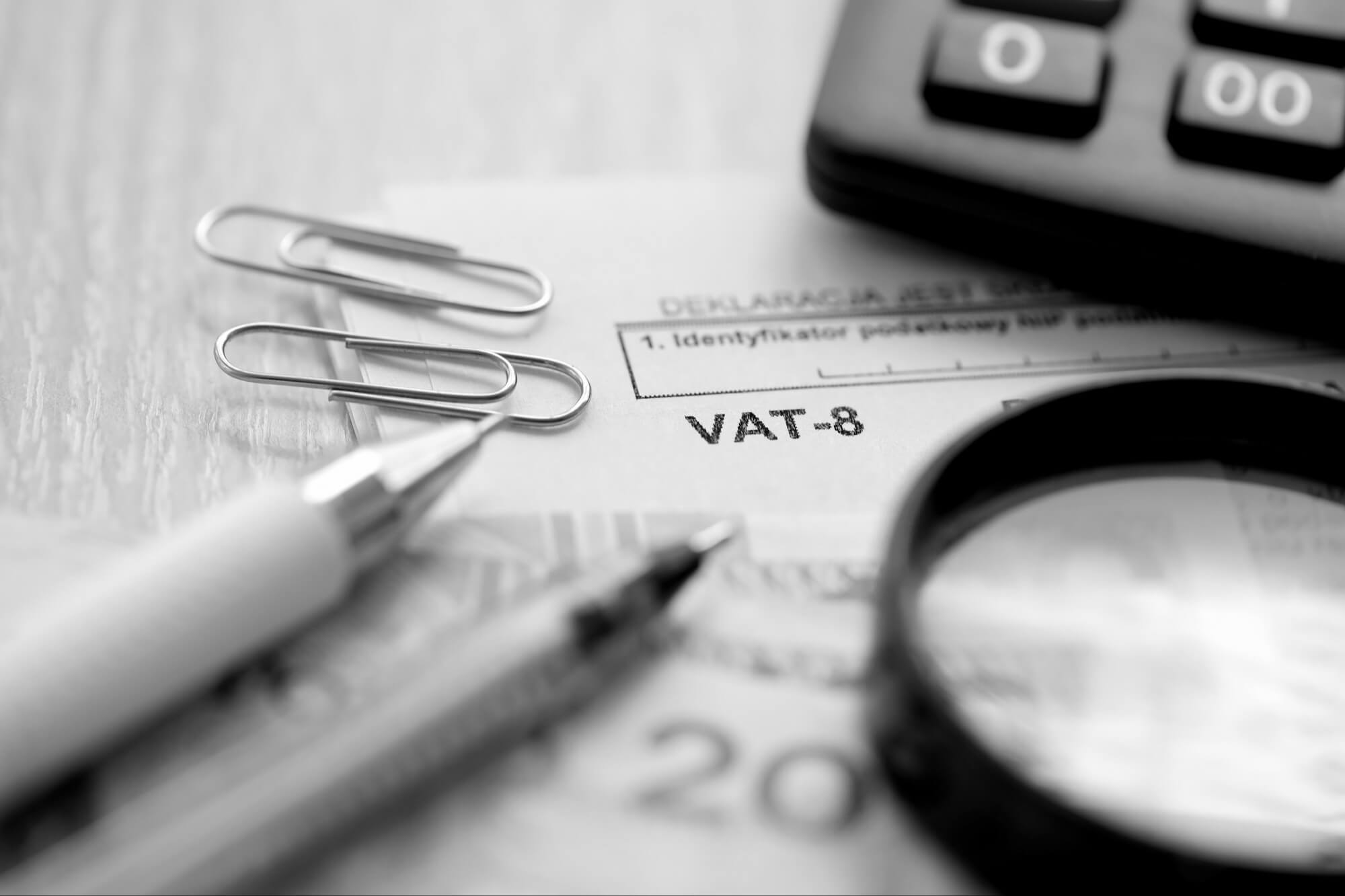Issues and conflicts in the workplace are inevitable and it is important that employers have written policies and procedures in place to adequately deal with such issues. If not dealt with appropriately, employee morale could be affected and harm could be done to the company reputation.
The procedures explained
A disciplinary procedure is used by an employer to address issues surrounding an employee’s conduct or performance. while a grievance procedure is used to deal with problems and complaints raised by employees, against the employer or other employees in the workplace. Although it is generally advised that both parties should attempt to resolve any conflicts informally, these formal procedures act as a shield for full protection for both employers and employees, and ensure challenges are resolved fairly and as efficiently as possible.
How to ensure effective disciplinary and grievance policies are in place?
- As each policy should be tailored to your specific organization, it is of utmost importance that you follow the Advisory, Conciliation and Arbitration Service (ACAS) Code of Practice.
- It is important to make employees aware of their expected standards of performance or conduct, and the likely disciplinary actions employers are going to pursue if certain standards are not met.
- Your discipline and grievance policies should be formally written and easily accessible by all employees.
- These policies should be kept under review to ensure compliance with the current law and changes with social contexts
What and how should the procedures be applied?
Disciplinary
When a complaint is made against an employee, of course, he must be made aware of the particular matter and the upcoming investigation procedures. No disciplinary actions should take place before any investigation or procedures have reached its final stage. If a complaint is proven, the employee should be given the chance to explain or mitigate before awarding any penalties. Employees should not be dismissed for a first breach of discipline, except in the case of gross misconduct (eg. violent behaviour, fraud, obscene behaviour, wilful damage of the employers’ property, etc)
Except for very minor issues that have been dealt with by informal routes, the following formal steps should be used if the complaint is proved accordingly:
- Stage 1: Oral warning
- The employee should be advised that this is the first stage of the disciplinary procedure, and any commission of a similar act may result in further disciplinary actions
- Stage 2: Written warning
- The employee should be advised that this is the second stage of the disciplinary procedure and further action will be considered if no satisfactory improvement is demonstrated within a specific timeframe
- The employee should also be advised of his right of appeal, and informed of all relevant rights and information pertaining to the appeal.
- Stage 3: Final written warning
- The employee may be suspended without pay as a disciplinary penalty for up to a maximum of 5 working days in addition to a final written warning. He should also be told that his conduct and/or performance would be strictly monitored, and the failure of demonstrating any satisfactory improvement will to dismissal.
- Stage 4: Dismissal
- This is the final stage of the disciplinary procedures; the employee may be informed of the imposition of one or more of the following disciplinary penalties:
- A final written warning (if not given in the previous stage)
- Monetary payment resulted from any damage or loss caused by the employee
- Suspension without pay
- Dismissal, with reasons for such decision and the formal date of termination
- This is the final stage of the disciplinary procedures; the employee may be informed of the imposition of one or more of the following disciplinary penalties:
Grievance procedure
Similar to disciplinary procedures, each individual complaint should be dealt with accordingly. The grievance procedures can be triggered upon the employee’s command for a formal route, if, an informal route has already been sought but of no avail. For a grievance meeting, it should be held as soon as possible once a formal grievance complaint is filed. A person in charge will need to oversee the meeting and it is common that a line manager of the employee, or someone more senior will chair it. Then, it reaches the essential stage of investigation to lay out all facts relevant, interviews, reviewing CCTV records will need to be carried out accordingly.
The procedures are as follows:
- Stage 1:
- The employee should discuss any matters relating to his grievance on employment with his direct supervisor. Only where the grievance has not been resolved satisfactorily should the aggrieved employee put in writing a formal submission for the matter to be dealt with.
- Stage 2:
- The meeting should be carried out as soon as possible where practicable. If the employee remains concerned in respect of the original grievance, he may submit a written request to the Chief Officer to move to the third and final stage of the procedures upon giving reasons for the request.
- Stage 3:
- The Chief Officer shall invite both parties to attend the appeal hearing within 7 working days of his receiving the written request if practicable.
Employees should be made aware that the right to be accompanied and right to appeal are available in both disciplinary and grievance meetings. Of course, it would be best to seek the advice of a professional on how to conduct investigations, the necessarily steps for holding a meeting, as well as providing advice on the appropriate questioning techniques.
If you require any legal advice in respect of any disciplinary or grievance procedure, or wish to discuss any element of this note, then please do not hesitate to contact the employment team at Monarch Solicitors on 0161 820 8888.







